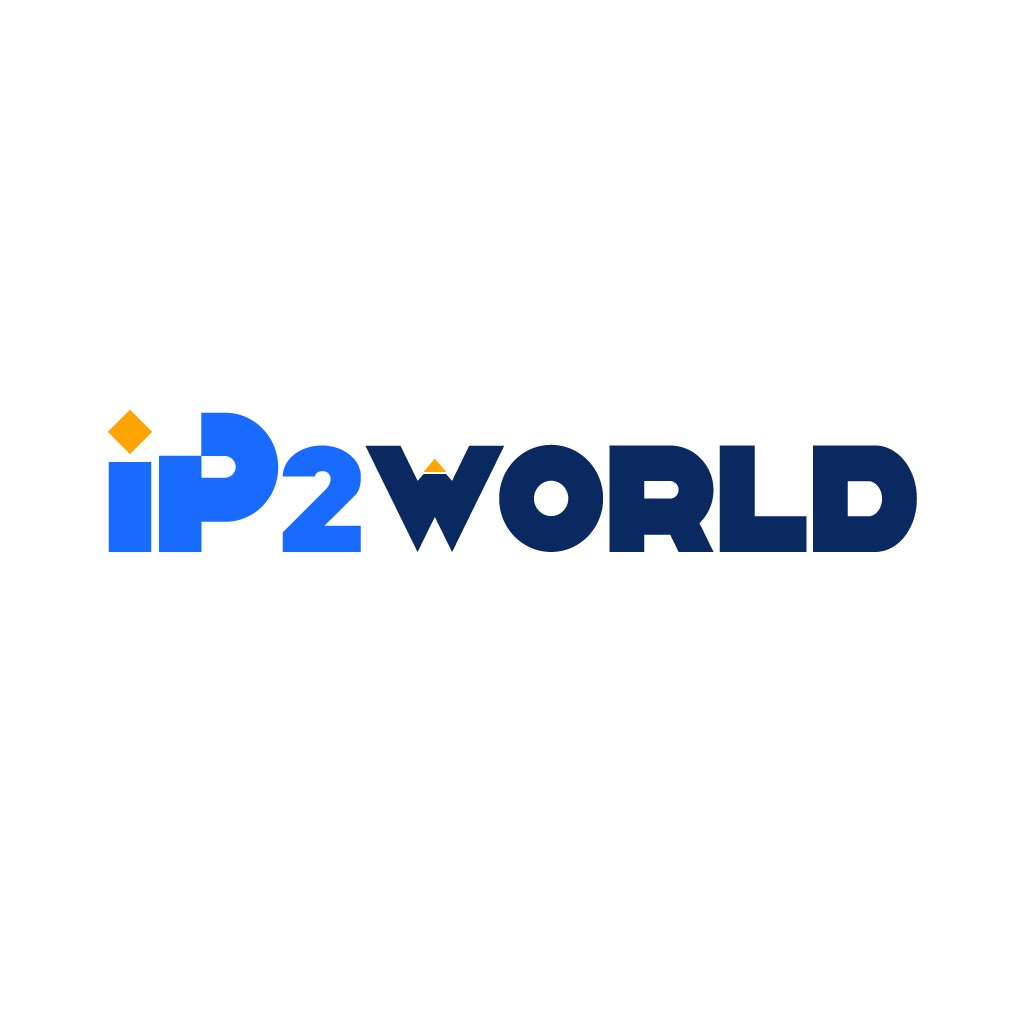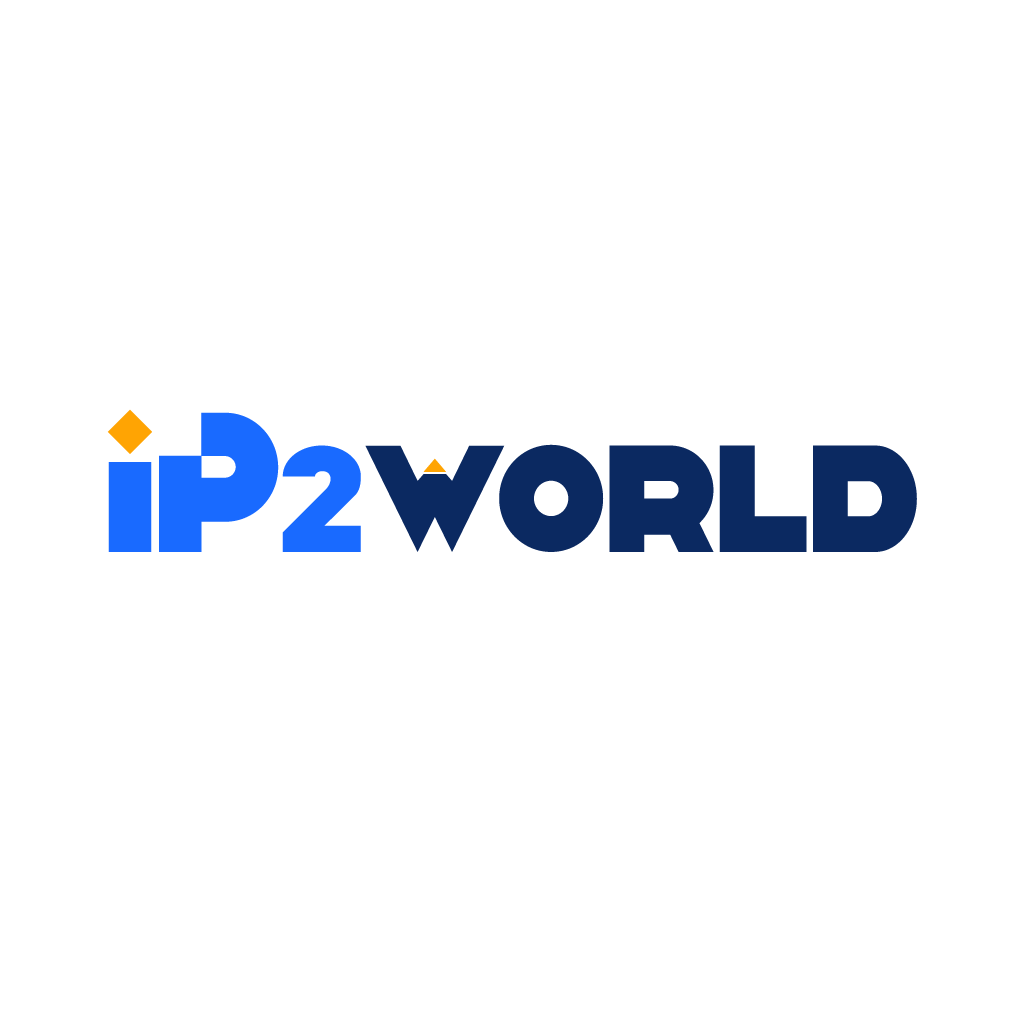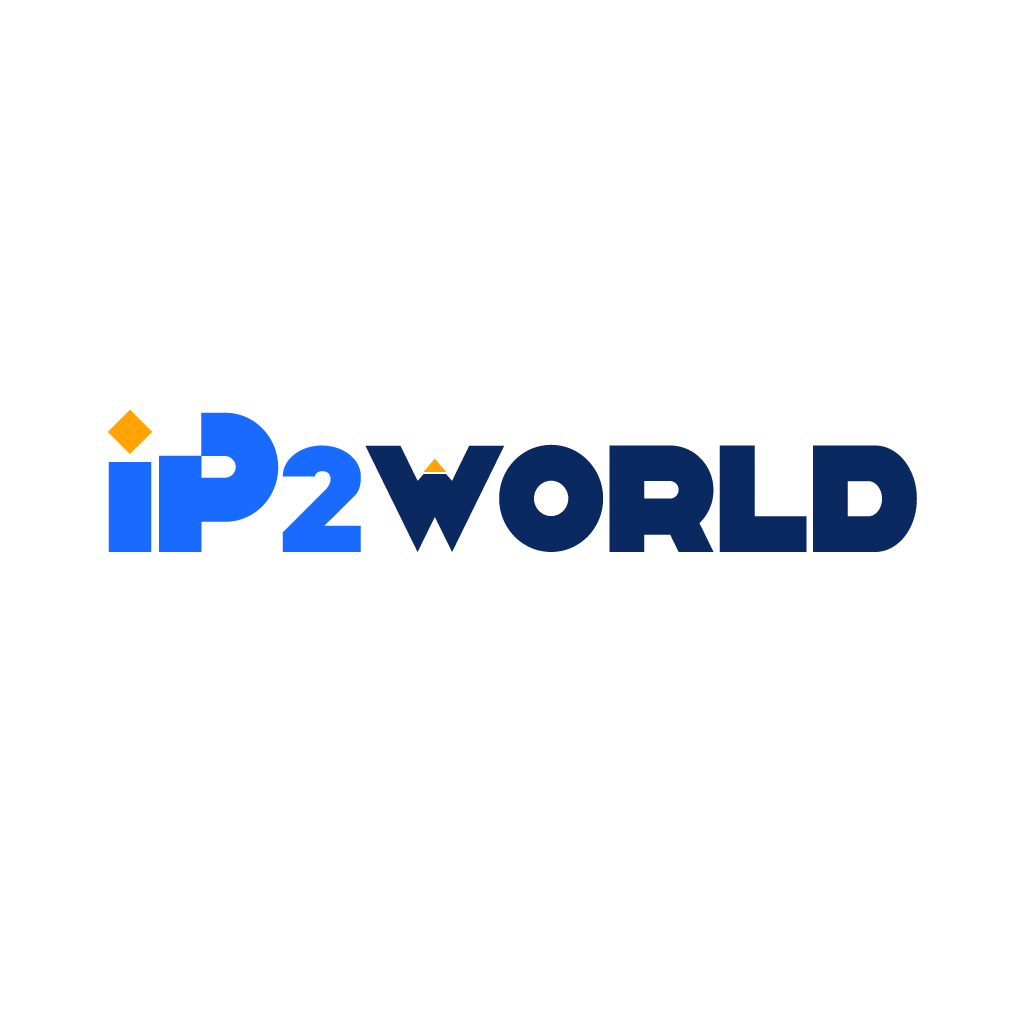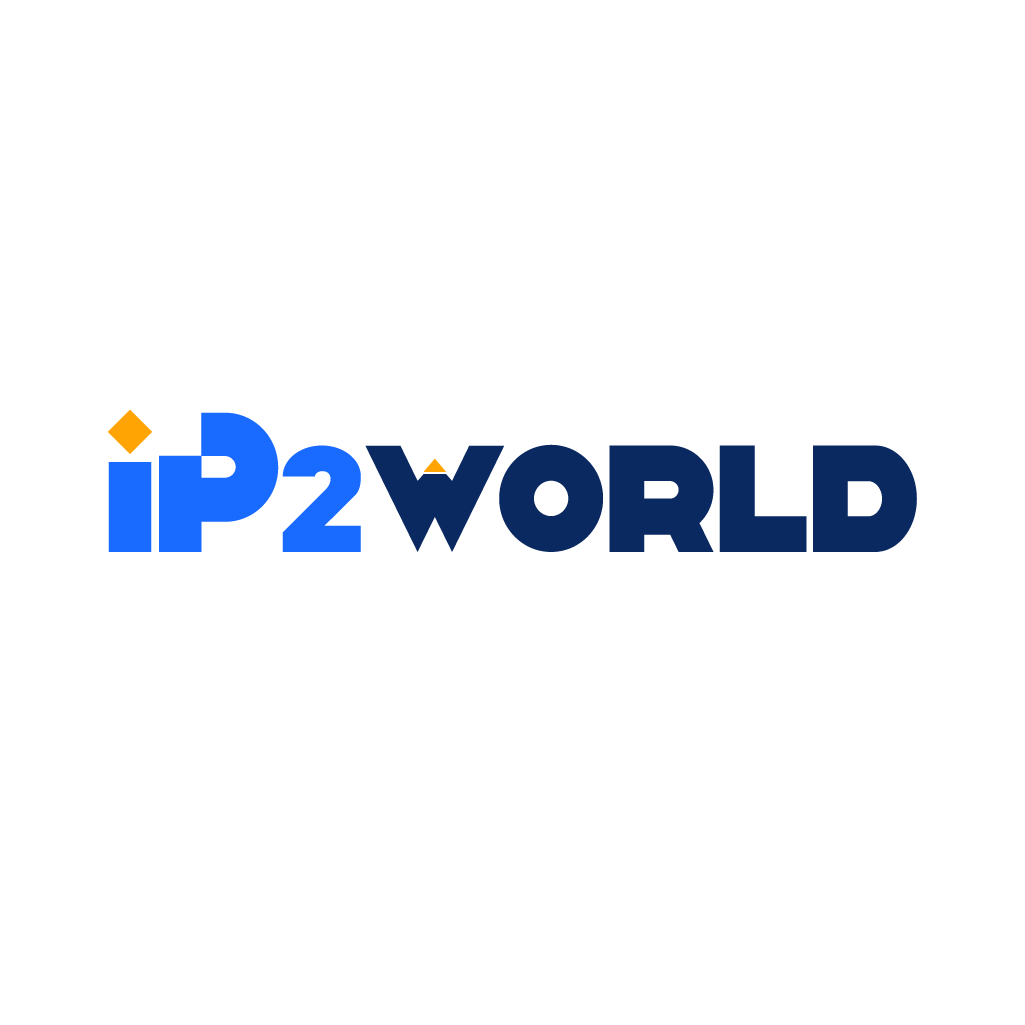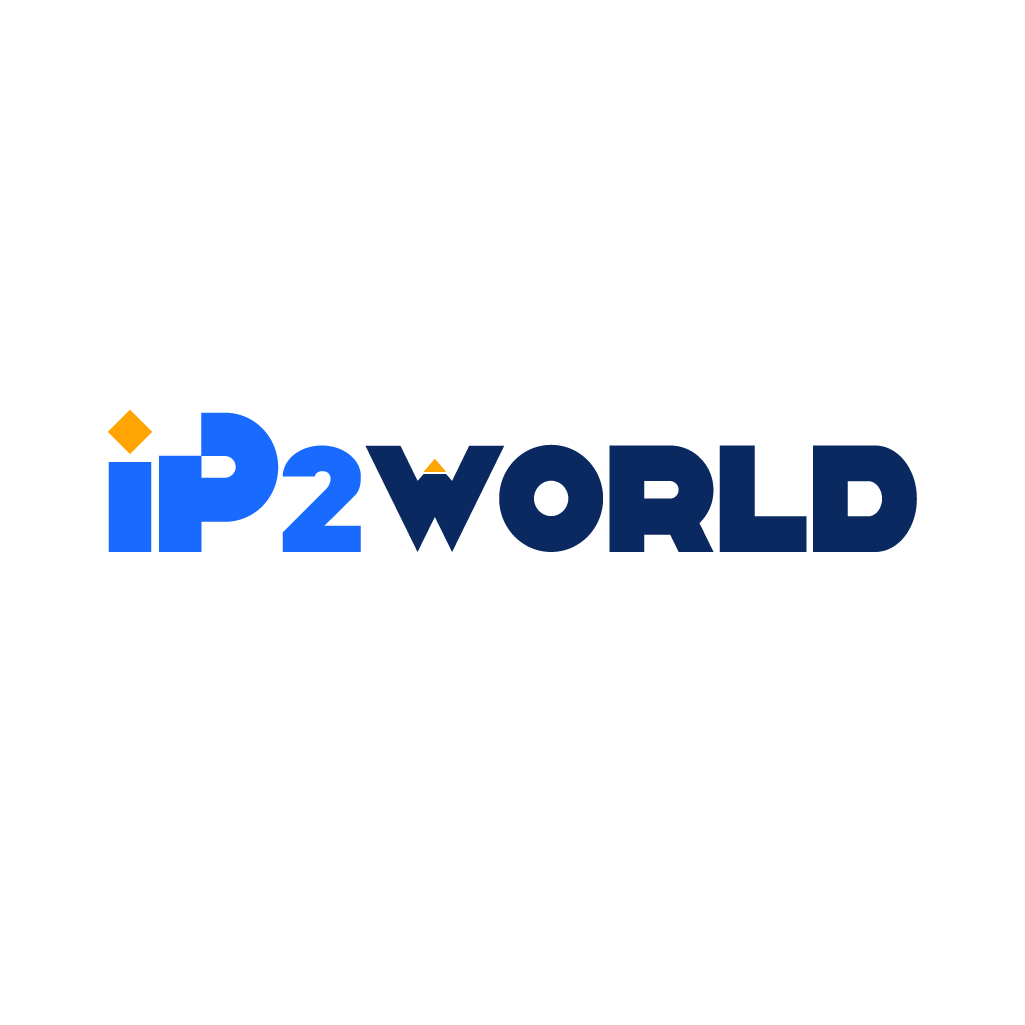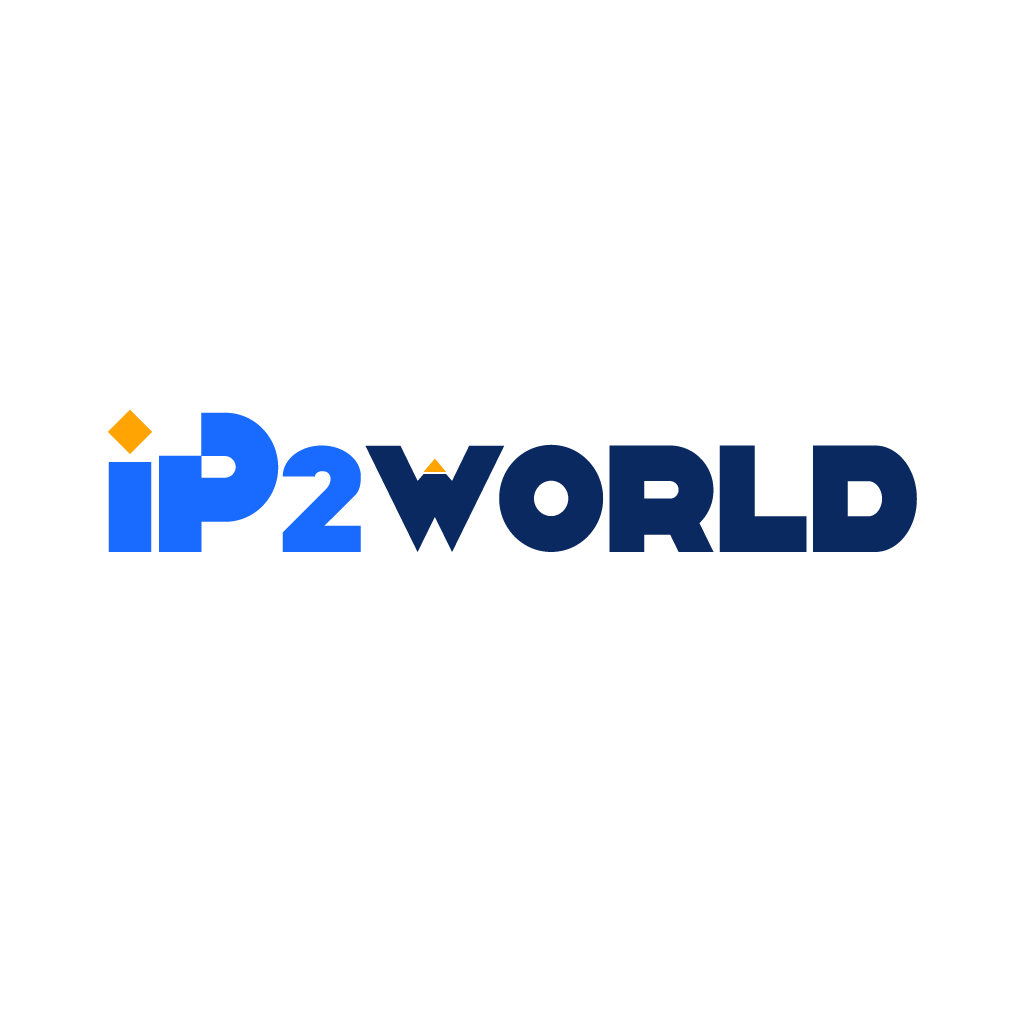IntroductionThe rapid digitalization of our world has made the internet an indispensable resource, but it also brings forth a host of challenges ranging from cybersecurity to data privacy. Whether you're an individual concerned about online anonymity or a business looking to scrape data, datacenter proxies have emerged as a vital tool. This comprehensive guide delves into the nuts and bolts of what datacenter proxies are, the advantages they offer, their limitations, and what to consider when selecting a provider. Armed with this knowledge, you'll be better equipped to make informed decisions tailored to your specific online needs. The Essence of Datacenter Proxies: A Closer Look Datacenter proxies are not merely a gateway to the internet; they are a fortified, specialized conduit that offers multiple layers of utility. Located in highly secure facilities known as datacenters, these proxies are equipped with advanced hardware and software configurations. These attributes provide them with a distinct speed and reliability advantage over residential proxies, which are typically less predictable in their performance. Moreover, datacenter proxies are overseen by experienced network engineers who work round-the-clock to ensure optimal functioning. Because these proxies are privately managed, the level of oversight and maintenance is substantially higher than that of residential proxies, which are generally distributed by ISPs to regular consumers. This meticulous management ensures that datacenter proxies fulfill their primary role with excellence—masking your IP address. This feature enables users to surf the web without revealing their true identity, thereby bypassing geo-restrictions and evading various forms of online surveillance. The Upside of Utilizing Datacenter Proxies: Extended Advantages Fortifying Cybersecurity: Beyond the Basics In today's digital age, cybersecurity is not a luxury; it's a necessity. Datacenter proxies act as an additional barrier between you and potential cyber threats, making it exceedingly difficult for malicious actors to identify or target your system. Think of it as having a digital bodyguard that watches your back while you engage with the online world. These proxies filter the traffic that comes into your network and can be configured to block known harmful sources, further enhancing your security posture. Minimizing Lag and Delays: The Technical Edge Reduced latency is not just a nice-to-have feature; it can be crucial for businesses that rely on real-time data exchange. Whether you are a day trader needing split-second updates or a gamer who can't afford lag, datacenter proxies provide a distinct advantage. They are engineered to route your internet requests via the most efficient pathway, thereby minimizing the time it takes for data packets to travel between the server and your device. This can result in a browsing experience that is not just faster but also smoother. Economic Viability: A Cost-Benefit Analysis Running a business often comes with steep operational costs, particularly when technology is involved. Investing in dedicated servers or Virtual Private Servers (VPS) can strain company resources. Datacenter proxies offer an economical alternative without compromising on performance. They provide shared resources that can be scaled up or down according to need, making them a flexible and budget-friendly option. For businesses, this means having access to high-level resources without the high-level price tag. Ensured Data Encryption: Trust but Verify In an era where data breaches are all too common, the encryption offered by datacenter proxies provides an invaluable layer of protection. They scramble the data packets sent between your device and the server, making it nearly impossible for eavesdroppers to decipher the information. This is especially vital when dealing with sensitive transactions, such as online banking or confidential business communications. With data encryption, you can be assured that your confidential information will remain just that—confidential. Caveats and Limitations: Navigating the Pitfalls The Complexity of IP Management: A Double-Edged SwordManaging multiple IP addresses can be both a boon and a bane when utilizing datacenter proxies. On the positive side, multiple IPs give you an extensive range of options for web scraping, SEO monitoring, and bypassing geo-blocks. However, this benefit comes at the cost of complexity. With more users sharing the same proxy server, the IP pool can quickly become cluttered. IP conflicts can occur, and you may need specialized software or in-depth technical knowledge to manage this effectively. In some cases, poor IP management can even lead to an IP being blacklisted, impacting all users connected to that specific address. Potential for Restricted Bandwidth: The Shared Pie DilemmaIn a shared resource environment, the concept of "the more, the merrier" doesn't always apply—especially when it comes to bandwidth. Since you're sharing server resources with other users, the bandwidth allocated to you may be limited. This can be particularly detrimental if you require high-speed connections for tasks like video streaming or large file transfers. You may encounter slower download and upload speeds, which can compromise the efficiency of your online activities. Dependability Concerns: The Flipside of Shared InfrastructureDatacenter proxies are typically reliable due to the high-quality hardware and 24/7 monitoring they come with. However, they are not immune to service interruptions. Because these services are often shared, a surge in traffic or technical glitches can affect all users connected to a particular server. Scheduled maintenance, although necessary for long-term reliability, can also result in temporary downtimes. A Checklist for Choosing a Datacenter Proxy Provider: Picking the Right Partner Compliance and Security: The Legalities MatterChoosing a provider that strictly adheres to legal frameworks like GDPR isn't just about following the law; it's about ensuring that your data is handled responsibly. Verify that the provider is transparent about its data logging policies, and seek providers that offer end-to-end encryption to protect your data further. Explicit Service Contracts: Read Between the LinesA good Service Level Agreement (SLA) goes beyond just uptime guarantees and response times. It should provide detailed provisions for various scenarios like data breaches, service outages, and planned maintenance. This contract sets the performance benchmarks and expectations, serving as a guiding document should disputes arise. Flexible Pricing Mechanisms: One Size Doesn't Fit AllProviders often offer different pricing plans, ranging from monthly subscriptions to pay-as-you-go options. A monthly subscription might offer cost savings for continuous, high-usage scenarios, while pay-as-you-go can be advantageous for temporary or fluctuating needs. Weigh these options carefully against your specific requirements before making a decision. Focus on Performance: Speed Isn't Everything, But It's a LotIt’s crucial to assess how a provider's capabilities align with your needs. Whether it's the speed of data retrieval for analytics or the consistency of connection for web scraping, evaluate various performance metrics. Benchmarks like latency, bandwidth, and uptime should match or exceed your specific demands. Accessible Customer Support: Your Safety NetAn efficient and responsive customer service team is vital. Whether you encounter issues during setup or face a sudden service outage, immediate help should be just a call or a click away. Check for 24/7 support and multiple contact channels like chat, email, and phone. Extra Features: The Icing on the CakeWhile core performance and security features are non-negotiable, don’t underestimate the value of additional functionalities. Features such as IP rotation can make web scraping more efficient, and bandwidth throttling options could be beneficial for controlling network traffic. Some providers also offer dedicated IP addresses that give you a stable and private internet connection. Feedback from the User Community: The Power of Collective ExperienceNo amount of marketing can replace genuine user feedback. Reviews on third-party websites, forums, and social media platforms can provide valuable insights into a provider's actual performance and customer service. Learn from the experiences of others to make an informed decision. By understanding both the benefits and limitations of datacenter proxies, and carefully evaluating potential providers(IP2World Provide Static Residential ISP Proxies), you can make a more informed decision that aligns with your specific needs and requirements. ConclusionDatacenter proxies offer more than just a passage to the internet; they provide a layer of security, speed, and anonymity that is increasingly crucial in today's digital landscape. However, like any tool, they come with their own set of challenges and limitations. Knowing how to navigate these challenges is key to leveraging their full potential. This guide aimed to equip you with the foundational knowledge and critical insights needed to make an informed choice of a datacenter proxy provider. As you proceed, remember that your needs are unique and thus, require a tailored solution. Take into consideration not just the features but also the reliability, compliance, and extra functionalities that a provider offers. User reviews and community feedback can provide additional, invaluable insights. Ultimately, the choice you make will play a pivotal role in shaping your online experiences, making it all the more important to choose wisely.
2023-08-28
